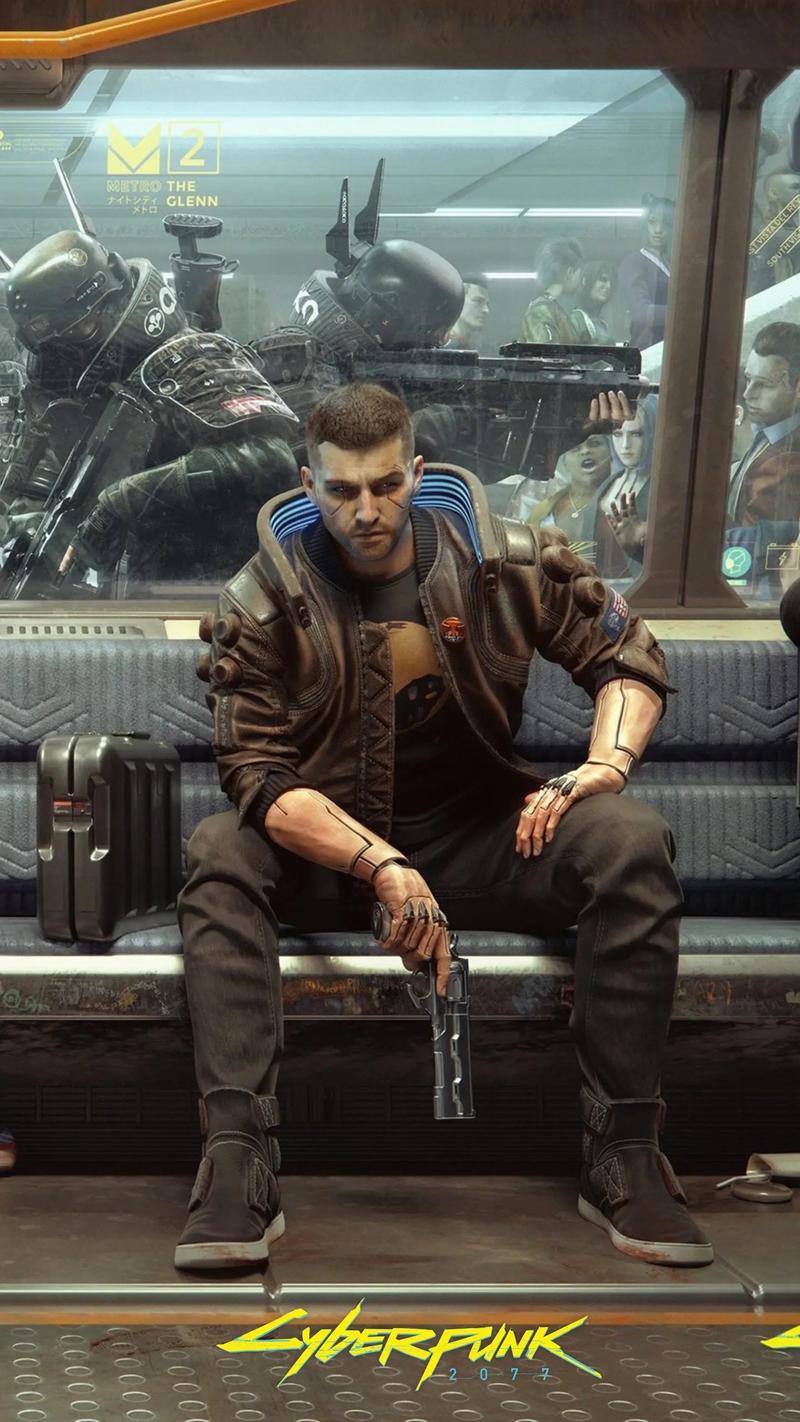Behind the Scenes: Fact-Checking AAA Game News
In the fast-paced world of video game journalism, the announcement of a new AAA title can send waves of excitement across the globe. From cinematic trailers at major events like E3 or The Game Awards to exclusive previews and developer interviews, the hype machine operates at full throttle. Yet, behind every headline, tweet, or video breakdown, there lies a critical, often overlooked process: fact-checking. In an industry where rumors, leaks, and speculative reporting frequently dominate the discourse, the role of fact-checking is both vital and immensely challenging.
The lifecycle of AAA game news typically begins with official announcements, controlled leaks, or insider tips. Journalists and content creators race to be the first to break stories, often operating under tight deadlines and intense competition. The pressure to generate clicks and engagement can sometimes overshadow the need for accuracy. This is where fact-checking comes into play—a multilayered process involving verification of sources, cross-referencing information, and maintaining ethical standards.
One of the primary challenges in fact-checking game-related news is the nature of the industry itself. AAA game development is highly secretive. Studios like Naughty Dog, Rockstar, or CD Projekt Red often enforce strict non-disclosure agreements (NDAs) to protect intellectual property and manage public expectations. As a result, much of the early information comes from anonymous sources, whose credibility must be meticulously evaluated. Fact-checkers must ask: Does this source have a proven track record? Is the information plausible given the studio’s history and current projects? Are there multiple independent sources corroborating the same details?
Leaks, for instance, are a double-edged sword. While they can generate buzz and community engagement, they can also be misleading or entirely fabricated. Consider the infamous Half-Life 3 rumors, which persisted for years without any official confirmation. Similarly, reports about Cyberpunk 2077 prior to its release often highlighted ambitious features that either did not make it to the final game or were misrepresented. Fact-checkers must navigate these murky waters by distinguishing between legitimate leaks and speculative fan theories or deliberate misinformation campaigns.
Another layer of complexity arises from the relationship between media outlets and game publishers. Publishers often provide early access to games, exclusive interviews, and promotional materials under embargo. While this allows journalists to prepare detailed previews and reviews, it also creates a potential conflict of interest. Outlets may feel pressured to present information in a favorable light to maintain access to future content. Fact-checkers in such environments must ensure that promotional materials are presented accurately and that claims made by developers or publishers are critically examined rather than taken at face value.
The process of fact-checking often involves cross-referencing information across multiple platforms. This includes verifying details with official press releases, checking past statements from developers, and comparing information with other reputable outlets. Social media has further complicated this landscape. A tweet from a developer might hint at a new feature, while a Reddit AMA (Ask Me Anything) might provide additional context. Fact-checkers must piece together these fragments while avoiding the amplification of unverified claims.
Moreover, the rise of content creators and influencers has democratized game journalism but also introduced new risks. Unlike traditional media outlets, many influencers operate without editorial oversight or fact-checking protocols. Their primary goal is often entertainment and engagement, which can lead to the spread of sensationalized or inaccurate information. In such cases, mainstream journalists and fact-checkers play a crucial role in debunking myths and providing verified updates.
The consequences of inadequate fact-checking can be severe. Misinformation can lead to misplaced hype, broken trust, and even financial repercussions. For example, when No Man’s Sky was released in 2016, the gap between pre-release promises and the actual game led to widespread disappointment and backlash. While some of this was due to over-ambitious marketing, inaccurate reporting also played a part in inflating expectations. Similarly, the controversy surrounding Fallout 76 was exacerbated by misleading reports about game mechanics and content.
To mitigate these risks, many reputable outlets have established rigorous fact-checking protocols. This often involves a team of editors reviewing content before publication, verifying sources, and ensuring that speculative language is clearly labeled. Some organizations also employ dedicated fact-checkers who specialize in gaming news. These professionals combine industry knowledge with journalistic ethics to uphold accuracy and accountability.
However, fact-checking is not just the responsibility of journalists. Developers and publishers can contribute by being transparent and providing clear, accurate information. Community managers, for instance, often use forums like Discord or Twitter to clarify misconceptions and address rumors. When BioWare faced criticism over Anthem, developers occasionally stepped in to explain technical limitations or correct false assumptions. Such interactions can help bridge the gap between studios and players, fostering a more informed community.
Ultimately, fact-checking AAA game news is a collaborative effort involving journalists, developers, and even players. As the industry continues to evolve, with new technologies like virtual reality and cloud gaming entering the mainstream, the need for accurate reporting will only grow. In an era where misinformation can spread within seconds, fact-checking remains the bedrock of credible journalism. It ensures that players can make informed decisions, that developers are held to reasonable standards, and that the excitement surrounding video games is built on a foundation of truth rather than illusion.

In the end, the goal is not to stifle enthusiasm but to channel it responsibly. By prioritizing accuracy over speed and integrity over clicks, the gaming media can continue to celebrate the artistry and innovation of AAA games while maintaining the trust of its audience.















